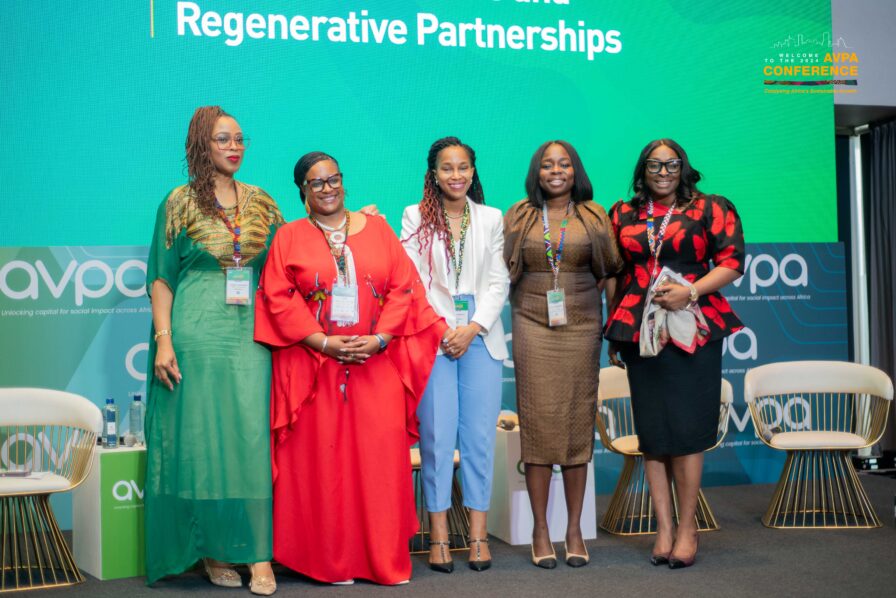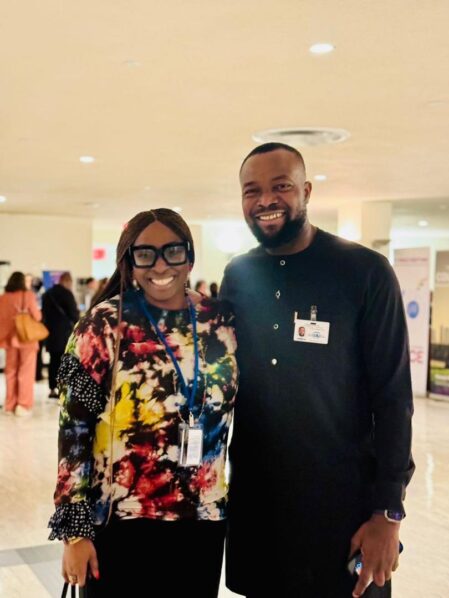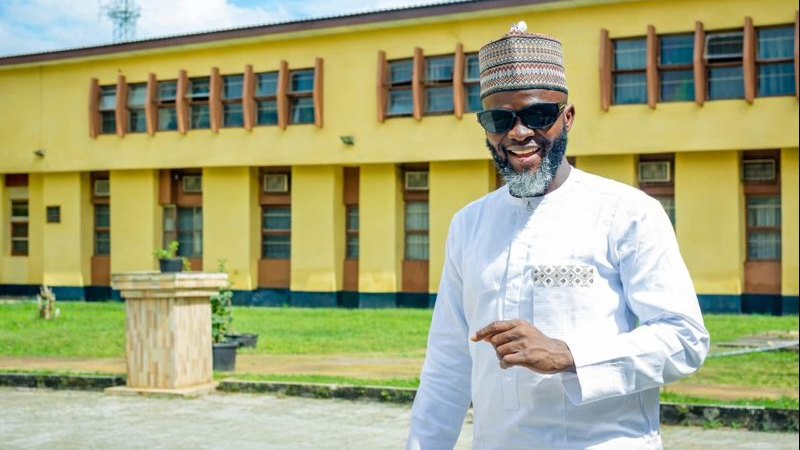
Sir: As the world grapples with the challenges of climate change, poverty, and inequality, the importance of sustainable development has never been more pressing. The concept of sustainable development as defined by the Brundtland Commission, is to meet the needs of the present without compromising the ability of future generations to meet their own needs.
Africa has recorded progress on many of the 17 Sustainable Development Goals since 2000; however, the current pace of progress has been insufficient to achieve the Goals by 2030. Everyday, emerging economies face unique challenges that threaten sustainable development.
Billions of citizens continue to live in poverty and are denied a life of dignity; enormous disparities of opportunity, wealth and power; gender inequality and unemployment continue to persist. Also, more frequent and intense natural disasters, violent extremism, terrorism, related humanitarian crises and forced displacement threaten to reverse much of the development progress made in recent decades. This is where sustainable development becomes critical.
Imagine organisations tackling poverty in rural communities in Africa by creating sustainable farming models, or social ventures in Nigeria providing affordable healthcare solutions. These are not just businesses; they are changemakers addressing critical issues while creating jobs and generating income.
Sustainable development is built on three interconnected key pillars: environmental sustainability, social equity, and economic growth. Environmental sustainability involves conserving natural resources, mitigating climate change, and promoting eco-friendly practices. This pillar recognises the intricate relationship between human well-being and the health of the planet. Social equity ensures access to education, healthcare, and economic opportunities for all, regardless of race, gender, or socioeconomic status. Economic growth, on the other hand, fosters innovation, entrepreneurship, and sustainable livelihoods, providing the foundation for prosperous communities.
Aspire Coronation Trust (ACT) Foundation exemplifies the principles of sustainable development in its operations and initiatives. Established to address the pressing needs of African communities, the foundation has made significant strides in promoting sustainability in the areas of health, environment, entrepreneurship, and leadership. Africa’s needs and challenges are so multifaceted in nature that they require strategic, collaborative, and sustainable solutions.
 Africa’s needs are unique, and Africans are best positioned to create solutions, leveraging collaborations both locally and internationally. Social enterprises and nonprofits are better positioned to drive sustainable development and improve emerging economies across the African community, when the needs of the people are well understood.
Africa’s needs are unique, and Africans are best positioned to create solutions, leveraging collaborations both locally and internationally. Social enterprises and nonprofits are better positioned to drive sustainable development and improve emerging economies across the African community, when the needs of the people are well understood.
This is only possible through effective community and stakeholder engagement. We must move beyond simply thinking for the people; we need to involve them in the solution-finding process. And beyond understanding their needs, we must be able to think innovatively to proffer solutions that address these needs now and in the future.
Another important component in our model is capacity building. No social enterprise can embark on any laudable impact project without the necessary skillset and resources. Social entrepreneurs must be able to identify the resources needed within the team and must be willing to build capacity. With the right capacity, social entrepreneurs are better positioned to strategically implement impact projects.
We must begin to think training in business management, impact measurement, fundraising strategies, technological innovations, among others. This will go a long way to aid us navigate challenges and maximise impact.
As the world continues to navigate the challenges of sustainable development, we recommend increased investment in capacity building and sustainable infrastructure, policy reforms supporting social equity and economic growth, as well as collaborative efforts among governments, private sector, social sector and civil society organisations. By embracing sustainable development principles, we can ensure a brighter future for generations to come.

![Osayi Alile AVPA[1]](https://guardian.ng/cdn-cgi/image/format=auto,width=600,fit=contain,q=70/https://cdn.guardian.ng/wp-content/uploads/2024/11/Osayi-Alile-AVPA1-scaled.jpg)




